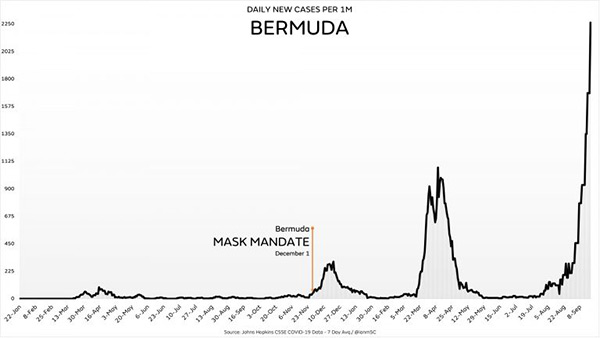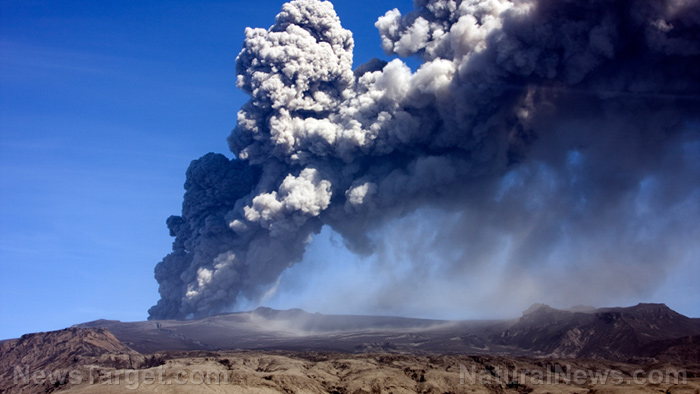
The Bermuda Islands sit atop evidence of a new process of volcanic formation. Researchers have discovered that molten material from the Earth's mantle transition zone might filter toward the surface and form a volcano.
Experts know of two methods of volcanic formation. One of the processes takes place when tectonic plates crash together. The other process involves "mantle plumes." When the hot rocks in the core-mantle boundary rises to the crust, they create a hot spot.
Cornell University (Cornell) researchers and their colleagues from other universities recently discovered a third way of volcanic formation. Crystals, molten rock, and water in the mantle's transition zone might rise up to the crust and form a volcano.
It is difficult to study the Earth's transition zone. The area lies between 250 to 400 miles (440 to 660 km) under the crust.
“We found a new way to make volcanoes,” explained Cornell researcher and senior author Esteban Gazel. “This is the first time we found a clear indication from the transition zone deep in the Earth’s mantle that volcanoes can form this way.” (Related: Mother Nature may have contributed to the rise of the Roman Empire: Volcanic eruptions, drought found to coincide with political events in ancient Egypt.)
A unique origin for the volcano that formed the Bermuda Islands
At first, Gazel's team thought Bermuda was a mantle plume structure like the active volcanoes that form Hawaii. But the results indicated that the Atlantic islands arose from the sea by a different means.
They found that the transition zone experienced a disturbance 30 million years ago. The activity caused magma to rise from the mantle.
Once the material reached the crust, it formed an undersea volcano at the bottom of the Atlantic Ocean. Over time, the volcano went dormant before it became the Bermuda Islands.
In 1972, another group of researchers drilled a core sample from Bermuda. Decades later, the University of Munster researcher Sarah Mazza evaluated the oceanic lava for volatile material.
“I first suspected that Bermuda’s volcanic past was special as I sampled the core and noticed the diverse textures and mineralogy preserved in the different lava flows,” explained Mazza, a co-author alongside Gazel. “We quickly confirmed extreme enrichments in trace element compositions.”
The Bermuda core sample showed signs that it came from the mantle's transition zone. It featured crystals with water trapped inside – the water content exceeded those in the material that came from subduction zones.
Gazel explained that water in subduction zones returns to the surface. Meanwhile, the transition zone contains enough water to fill three oceans. All that liquid helps melt the rock in the area.
Disturbances deep in the Earth's transition zone may form volcanoes far above
Numerical modeling showed that the transition zone probably experienced a disturbance that melted material in the mantle's transition zone. The same activity percolated the magma to the surface.
The isotope levels in the Bermuda lava core proved unique. Previous studies never came across such strange and extreme levels in more than 50 years' worth of oceanic lava samples.
The distinct composition of the Bermuda samples made it possible for researchers to pin down the unexpected origin of the lava. The University of South Carolina (USC) researcher and study co-author Michael Bizimis surmised that future studies might come across similar geochemical signatures in other volcanic regions.
The findings of the Cornell-led team showed that the mantle's transition zone might provide the materials and impetus for some volcanoes to form on the Earth's crust.
Gazel noted that the Earth's transition zone served as a reservoir of materials with high levels of volatile chemicals. The mantle area might play a significant role in the planet's geodynamics and volcanic activity.
Sources include:
Please contact us for more information.

















